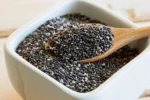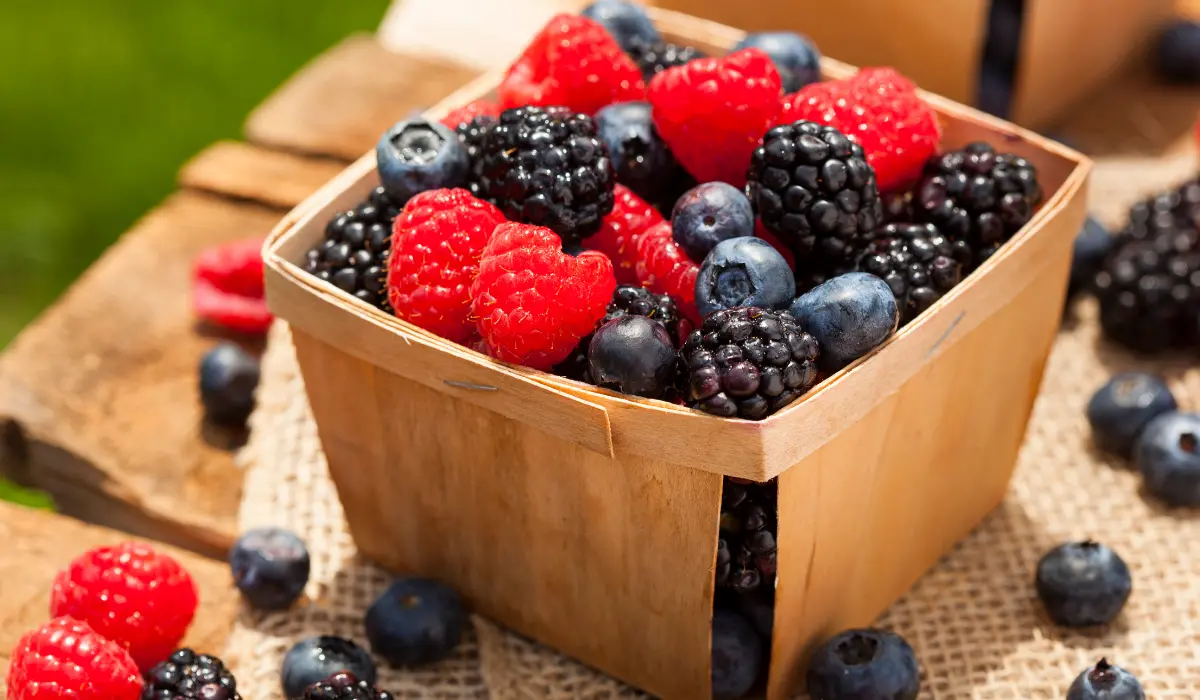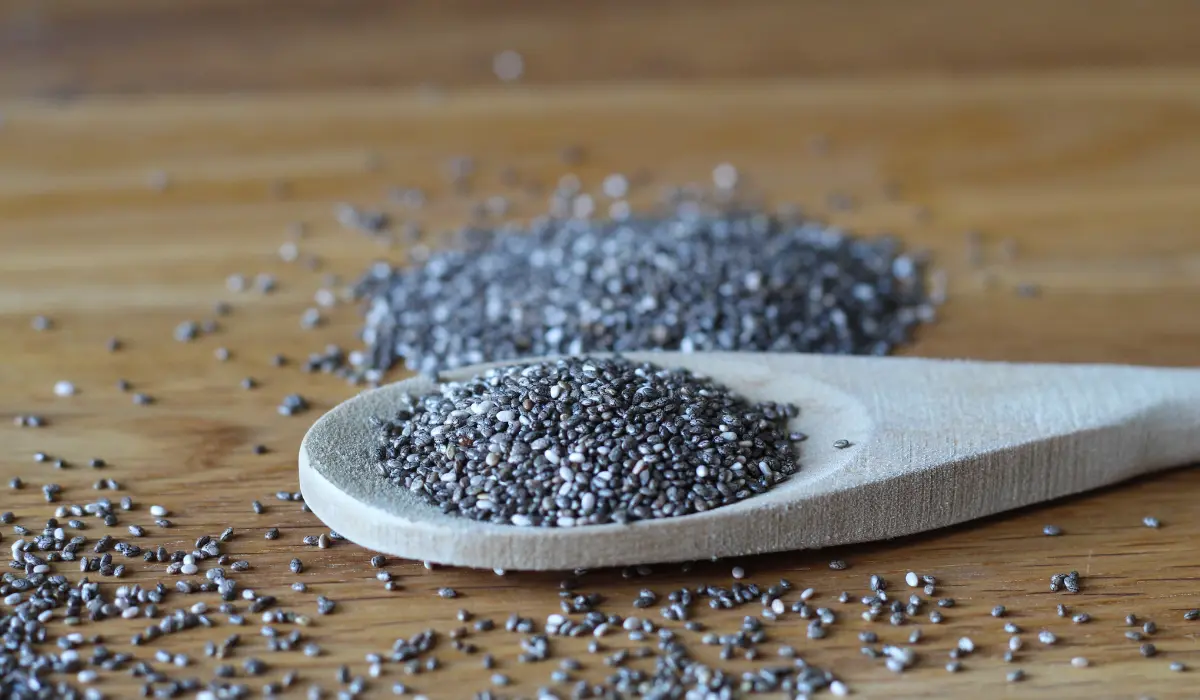Brussels sprouts have a reputation that often splits the room. Some people avoid them because of childhood memories of soggy, bitter plates of sprouts, while others have learned to love their nutty, caramelized flavor when cooked properly.
I’ve heard all the arguments against them, but I always remind people that most of those complaints have more to do with preparation than with the vegetable itself.
As someone who looks at food through both a scientific and practical lens, I believe Brussels sprouts deserve more credit than they usually get.
Beyond taste, they’re nutrient-packed little powerhouses that can support nearly every aspect of health. Let’s break down why Brussels sprouts are worth keeping on your plate, how they benefit your body, and what you need to know about potential downsides.
Nutritional Value of Brussels Sprouts
When I analyze Brussels sprouts nutritionally, the first thing that stands out is how much they offer for so few calories. A cup of cooked sprouts comes in at less than 60 calories but delivers about 4 grams of protein and 4 grams of fiber.
That’s impressive for such a small vegetable, and it makes them one of the more filling options in the cruciferous vegetable family. They’re also nearly fat-free, making them an easy addition for anyone trying to manage calorie intake without sacrificing nutrition.
The micronutrient profile of Brussels sprouts is even more impressive. They’re loaded with vitamin K, which is crucial for bone health and blood clotting.
They also provide over 100% of the daily recommended intake of vitamin C in a single serving, along with folate, manganese, and vitamin A. That means they don’t just support one system in the body, they work across multiple layers of health, from immunity to cellular repair.
What makes Brussels sprouts unique compared to other vegetables is their concentration of glucosinolates. These sulfur-containing compounds are what give sprouts their distinctive aroma, but they also play an important role in detoxification and cancer prevention.
On top of that, they’re rich in antioxidants like kaempferol, which help reduce inflammation and protect cells from damage. In short, Brussels sprouts pack an outsized punch of nutrients into every bite.
1. Supporting Digestive Health
Digestive health often comes down to two key factors: fiber and the gut microbiome. Brussels sprouts happen to deliver both. Their soluble fiber helps regulate digestion by softening stool and preventing constipation, while their insoluble fiber gives bulk and keeps things moving through the intestines. For people who struggle with irregularity, adding a cup of sprouts a few times a week can make a noticeable difference.
But fiber isn’t just about bowel regularity, it’s also about feeding the trillions of bacteria that live in the gut. Brussels sprouts contain prebiotic fibers that serve as food for beneficial gut microbes.
A healthier microbiome doesn’t just improve digestion; it also impacts immunity, weight control, and even mental health. Every time I eat Brussels sprouts, I know I’m giving my gut bacteria something to thrive on.
Over the long term, a fiber-rich diet that includes foods like Brussels sprouts can reduce the risk of colon cancer, inflammatory bowel conditions, and even metabolic disorders. That’s why I consider them one of the best vegetables for anyone who wants to support not just digestion but their overall wellness.
2. Boosting Immune Function
The connection between diet and immunity is undeniable, and Brussels sprouts are a standout food in this area. Their high vitamin C content strengthens immune defenses by supporting white blood cell function and improving skin barrier protection. Considering that just one cup provides more vitamin C than an orange, sprouts can be a quiet but powerful ally in preventing infections.
Beyond vitamin C, the antioxidants in Brussels sprouts act as a shield against free radicals that can weaken immune cells. Compounds like kaempferol have anti-inflammatory properties that keep the immune system from overreacting, a balance that’s just as important as fighting off germs. A steady intake of antioxidants helps your body stay resilient when exposed to stress or illness.
On a practical level, I’ve found that incorporating Brussels sprouts regularly in a balanced diet reduces the frequency of minor illnesses like colds and supports overall energy levels. While they aren’t a magic bullet, they contribute meaningfully to an immune system that’s ready to respond when it’s needed most.
3. Promoting Heart Health
Cardiovascular disease remains one of the leading health challenges worldwide, and nutrition is one of the strongest tools we have to counter it. Brussels sprouts contribute to heart health on several levels.
Their soluble fiber helps lower LDL cholesterol, reducing the buildup of plaque in arteries. At the same time, their potassium content supports healthy blood pressure regulation by counteracting the effects of sodium.
Inflammation is another factor in heart disease, and Brussels sprouts provide antioxidants that help keep inflammation in check. Kaempferol and other compounds reduce oxidative stress, which in turn prevents damage to blood vessels. A diet that includes sprouts consistently can make arteries more flexible and resilient over time.
For people looking for plant-based strategies to protect their heart, I often suggest adding Brussels sprouts to their weekly meals. They’re not just protective in theory; studies have linked higher cruciferous vegetable intake with reduced risk of cardiovascular events. It’s one of those simple food choices that pays off in measurable ways.
4. Cancer-Fighting Potential
One of the most fascinating areas of research around Brussels sprouts is their role in cancer prevention. They contain glucosinolates, which the body breaks down into bioactive compounds like sulforaphane.
Sulforaphane has been shown to activate enzymes that help detoxify carcinogens, essentially giving cells a protective shield against DNA damage.
This process doesn’t just happen in the lab, it’s been observed in human studies, too. People who eat cruciferous vegetables regularly tend to have lower rates of certain cancers, including lung, colorectal, and breast cancers. While the research is ongoing, there’s enough evidence for me to recommend sprouts as part of a cancer-preventive diet.
That said, it’s important to be realistic. Eating Brussels sprouts alone won’t guarantee protection against cancer. They’re one piece of a larger dietary puzzle that includes a variety of plant-based foods. But when combined with other cruciferous vegetables like broccoli and kale, their protective effects are amplified.
5. Supporting Bone and Cellular Health
Vitamin K is one of the most overlooked nutrients in everyday diets, and Brussels sprouts are one of the richest natural sources. This vitamin is essential for bone mineralization, helping calcium bind properly and reducing the risk of fractures. For anyone concerned about osteoporosis or bone strength with age, sprouts are a valuable ally.
They also provide folate and other B vitamins that support DNA synthesis and cell repair. This makes them especially important during periods of rapid growth, pregnancy, or recovery from illness. By ensuring cells replicate accurately, Brussels sprouts contribute to long-term health on a microscopic level.
On a broader scale, these nutrients combine to support healthy aging. Strong bones, properly functioning cells, and reduced DNA damage all add up to resilience over the decades. That’s why I see Brussels sprouts not just as a short-term nutritional boost, but as a long-term investment in well-being.
Side Effects of Brussels Sprouts
As much as I love Brussels sprouts, I don’t ignore their downsides. The same fiber that supports digestion can also cause gas and bloating, especially if you eat a large portion suddenly.
Their sulfur compounds are partly responsible for this effect, and while it’s harmless, it can be uncomfortable. I usually suggest introducing them gradually if you’re not used to eating high-fiber foods.
Another consideration is vitamin K. Because sprouts are so rich in it, they can interfere with blood-thinning medications like warfarin. For anyone on these medications, it’s important to maintain consistent vitamin K intake and consult a healthcare provider before making big dietary changes. This isn’t a reason to avoid Brussels sprouts completely, but it does require awareness.
Finally, as with any food, overconsumption isn’t helpful. Eating enormous amounts daily could throw off nutrient balance or worsen digestive discomfort. Moderation is key, I recommend enjoying them a few times a week as part of a diverse, balanced diet.
How to Cook Brussels Sprouts
I’ve found that most people who say they dislike Brussels sprouts have only tried them boiled. Overcooking them this way brings out their bitter compounds and leaves them mushy.
The key to loving sprouts is in the cooking method. Roasting at a high temperature, for instance, caramelizes their natural sugars and creates a nutty, crisp flavor that’s worlds away from boiled sprouts.
Sautéing them with olive oil, garlic, or shallots is another excellent option, as is steaming them lightly to preserve nutrients. Air frying has also become a favorite of mine, it achieves crispness without much oil and works well for smaller batches. The trick is not to overcook them; they only need 15–20 minutes in the oven or a few minutes in a hot pan.
To enhance flavor, I often pair Brussels sprouts with complementary ingredients like balsamic vinegar, parmesan, or toasted nuts. These pairings cut through any bitterness and make the dish more appealing. Once people experience them prepared this way, they’re usually surprised at how much they enjoy them.
Final Thought
So, are Brussels sprouts good for you? Absolutely. They’re one of the most nutrient-dense vegetables available, supporting digestion, immunity, heart health, cancer prevention, bone strength, and more. While they have a few drawbacks, those are easy to manage with mindful preparation and moderation.
What I always tell people is that Brussels sprouts deserve a second chance. If your only memory of them is bitter mush, you haven’t really experienced what they can offer. Cooked right, they’re delicious and deeply satisfying, all while delivering some of the best nutrition you can get from a vegetable.
For me, Brussels sprouts are a staple I return to week after week. They don’t just taste good—they work behind the scenes to keep my body strong and resilient. And that’s what I want for anyone considering adding them to their diet.
FAQs
Frozen Brussels sprouts are nearly as nutritious as fresh ones because they’re flash-frozen soon after harvest, which preserves vitamins and minerals. The only difference may be a slight loss of vitamin C, but overall, they remain an excellent option and are often more convenient. You don’t need to eat them every day. Including Brussels sprouts two to three times per week is enough to gain their benefits while maintaining a varied diet. Combining them with other cruciferous vegetables like broccoli and cabbage will give even greater advantages. Cooking can reduce some heat-sensitive nutrients like vitamin C, but it also enhances the bioavailability of others, like antioxidants. Steaming and roasting are the best ways to retain nutrients while improving flavor. Avoid boiling, as it leads to the highest nutrient loss. The bitterness comes from sulfur compounds, which become stronger when overcooked. To reduce it, cook sprouts quickly at high heat, roasting, sautéing, or air frying. Pairing them with acidic or savory ingredients like balsamic vinegar, lemon juice, or parmesan cheese also balances the flavor. Are frozen Brussels sprouts as healthy as fresh ones?
How often should I eat Brussels sprouts for health benefits?
Do Brussels sprouts lose nutrients when cooked?
What’s the best way to reduce the bitterness of Brussels sprouts?








